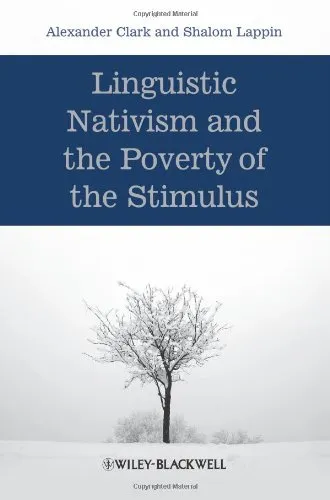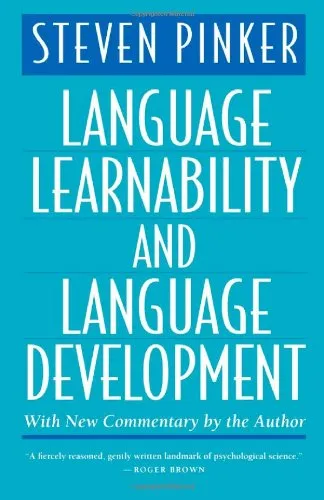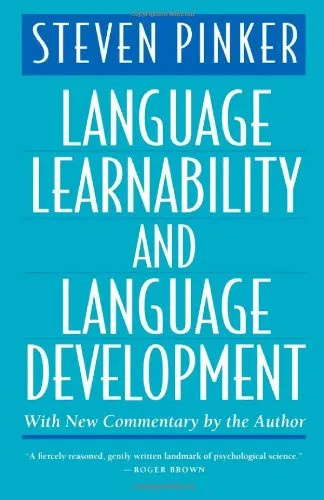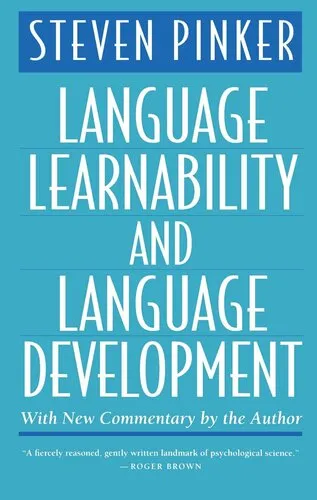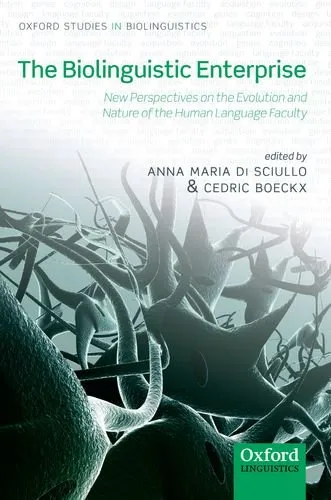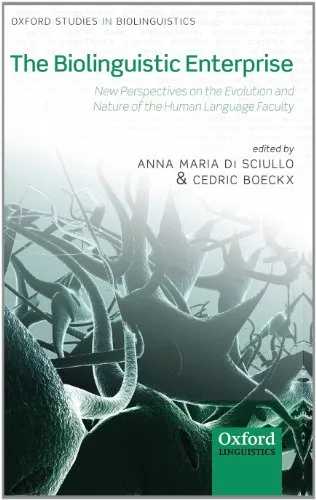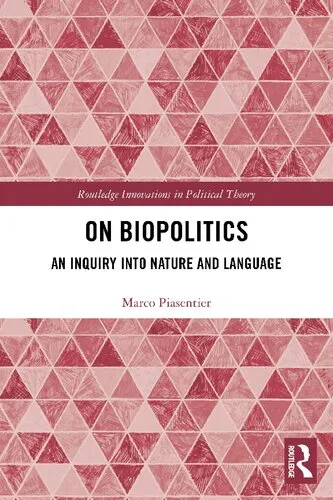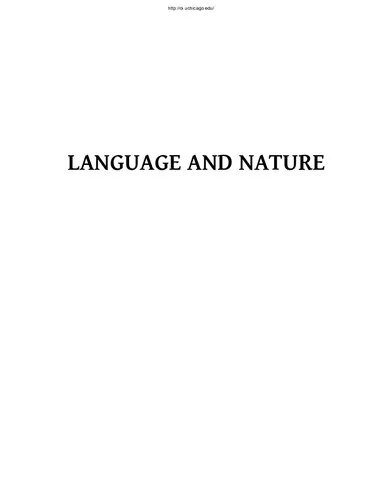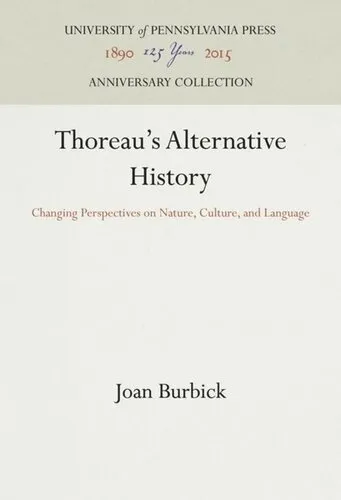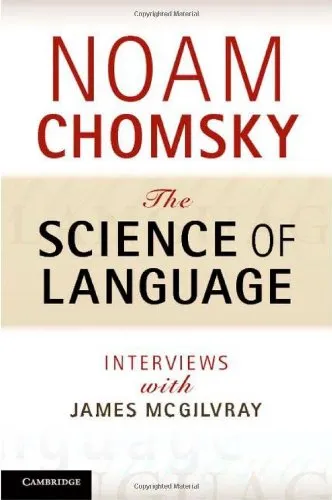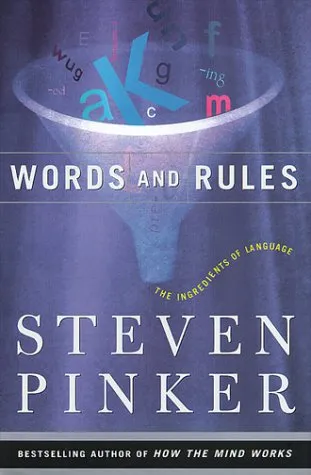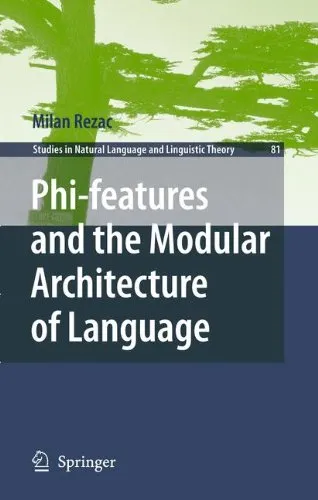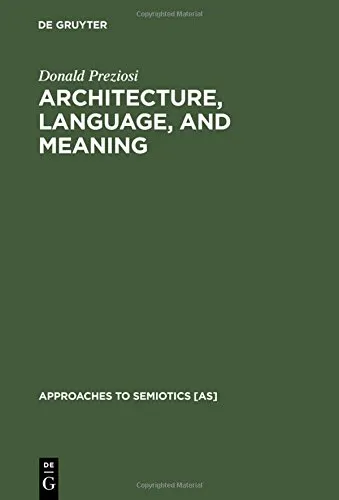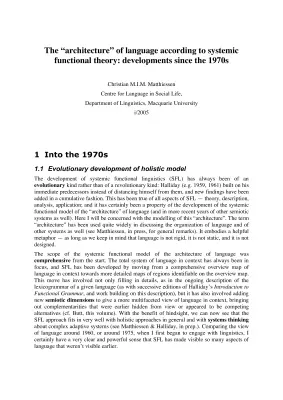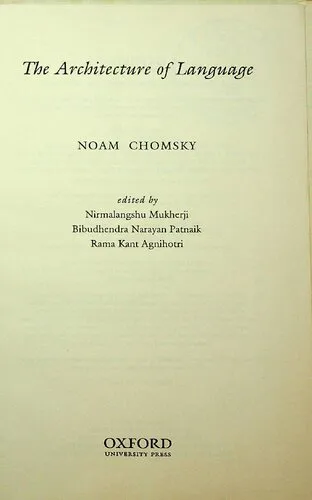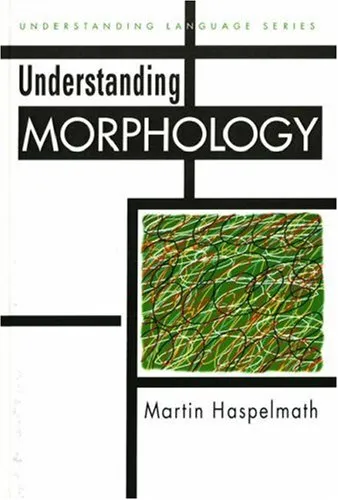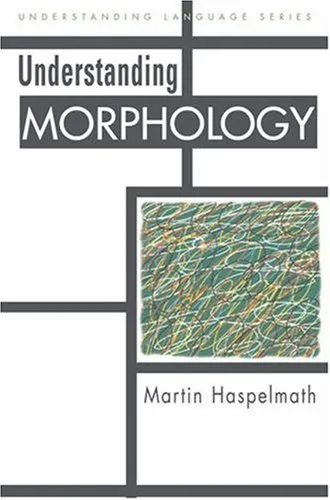Linguistic Nativism and the Poverty of the Stimulus
4.0
Reviews from our users

You Can Ask your questions from this book's AI after Login
Each download or ask from book AI costs 2 points. To earn more free points, please visit the Points Guide Page and complete some valuable actions.Related Refrences:
Introduction
"Linguistic Nativism and the Poverty of the Stimulus" by Alexander Clark and Shalom Lappin is a profound exploration into the intricate relationship between linguistic theory and cognitive science. The book investigates the central hypothesis of linguistic nativism, which suggests that humans are born with an intrinsic ability for language learning. This text challenges the traditional 'Poverty of the Stimulus' (POS) argument, a cornerstone in nativist thought that claims children acquire complex language systems despite the inadequacy of environmental input. With this book, Clark and Lappin seek to stimulate discussion and further empirical research by systematically examining various dimensions of linguistic acquisition.
Detailed Summary
The debate surrounding linguistic nativism and the Poverty of the Stimulus argument is vast, touching upon key ideas in linguistics, psychology, and cognitive science. "Linguistic Nativism and the Poverty of the Stimulus" addresses the primary assertion that native language capabilities are hard-wired into human cognition. The authors provide a careful analysis of the assumptions and assertions underpinning the POS argument, scrutinizing the extent to which current linguistic data supports or refutes nativist claims.
Spanning several chapters, the book explores topics such as syntax acquisition, language universals, and the role of environment in language development. The authors compare different models and theories, including generative grammar frameworks and alternative cognitive approaches, to provide a balanced overview of the field. Throughout the book, Clark and Lappin emphasize empirical methodologies, advocating for data-driven analysis rather than purely theoretical conjecture.
Key Takeaways
- The book questions entrenched linguistic theories by rigorously examining the evidence and assumptions behind the Poverty of the Stimulus argument.
- It critically evaluates the notion of universal grammar and challenges the idea that linguistic rules are pre-programmed into the human brain.
- Empirical research plays a central role, with the authors calling for a stronger reliance on data to drive linguistic theory development.
- Alternative models of language acquisition are proposed, with a focus on learning mechanisms and the importance of environmental interaction.
Famous Quotes
"Our central aim is to demonstrate that the empirical and conceptual foundations of the POS argument do not support nativism to the extent that its proponents claim."
"Linguistic theory must not only be compatible with the beauty of abstract mathematical formalisms but also with the complexities of biological realities."
Why This Book Matters
The significance of "Linguistic Nativism and the Poverty of the Stimulus" lies in its critical approach to one of the core debates in linguistics and cognitive science. By challenging conventional views and encouraging empirical research, the book pushes the boundaries of what we understand about human language acquisition. It is particularly relevant for scholars and students interested in the intersection of linguistic theory, cognitive science, and philosophy. By questioning traditional paradigms, the book not only provokes thought but also fosters a deeper understanding of the complexities inherent in human cognition and language learning.
Free Direct Download
You Can Download this book after Login
Accessing books through legal platforms and public libraries not only supports the rights of authors and publishers but also contributes to the sustainability of reading culture. Before downloading, please take a moment to consider these options.
Find this book on other platforms:
WorldCat helps you find books in libraries worldwide.
See ratings, reviews, and discussions on Goodreads.
Find and buy rare or used books on AbeBooks.
1288
بازدید4.0
امتیاز50
نظر98%
رضایتReviews:
4.0
Based on 0 users review
"کیفیت چاپ عالی بود، خیلی راضیام"
